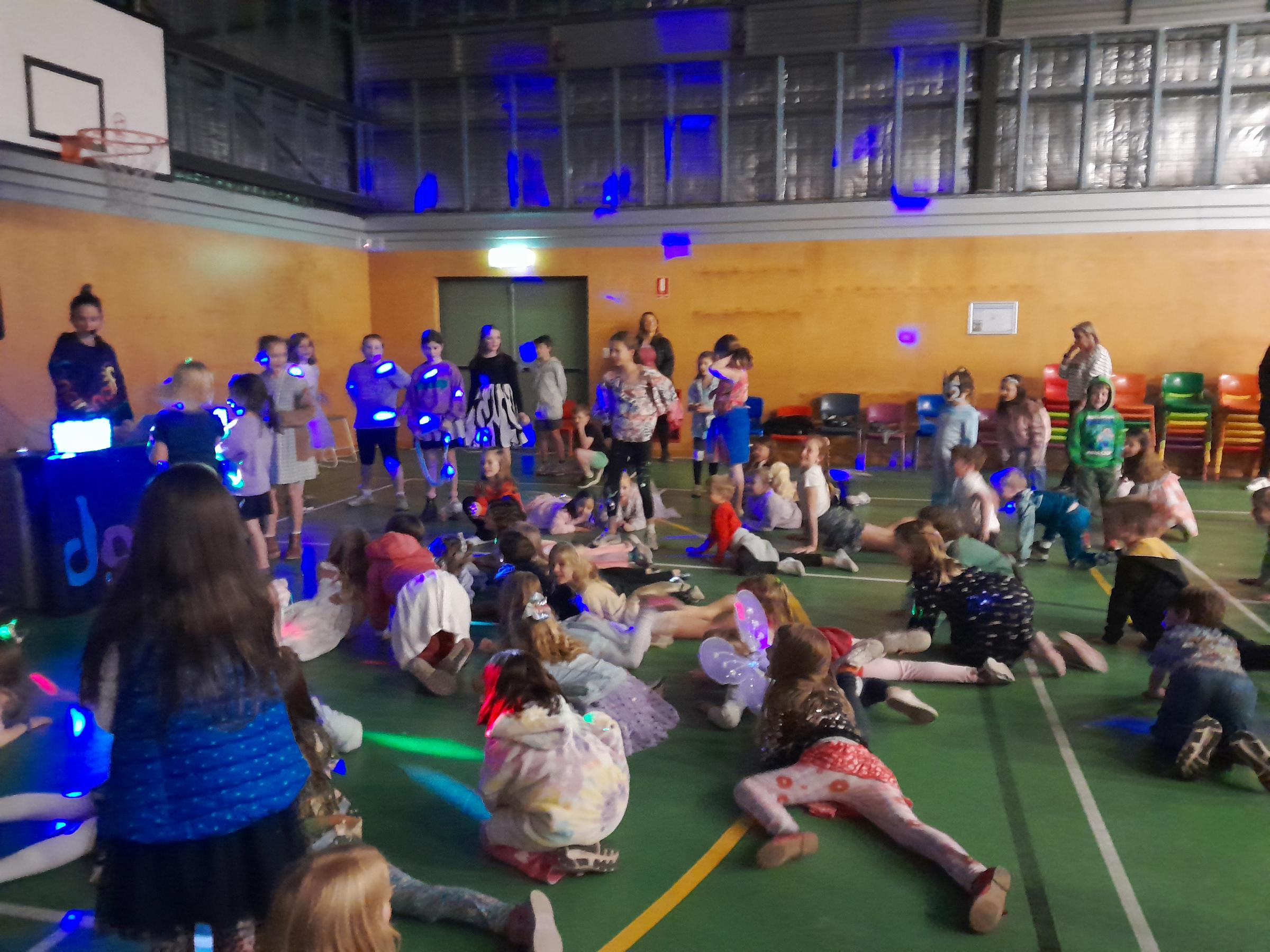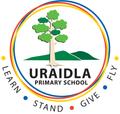Troy's learning news

The Big 6 of reading
Learning to read is one of the most important educational outcomes of primary education. The ability to read is fundamental to children’s learning, including their development of broader literacy skills, and to their future successful participation in society, including the workforce. Reading is a complex process that involves both learning to decode texts and learning to make meaning from texts. (The ‘Big Six’ components of reading | http://bit.ly/BestAdviceSeries)
Based on research we know that the explicit instruction of six key components has a significant impact on students reading development from early childhood until adulthood.
From a large range of studies these six components were shown to be essential for all children's reading development.
These include
• phonological/phonemic awareness
• phonics
•vocabulary
• fluency
• comprehension
• oral language
Phonological awareness is the ability to focus on the sounds of speech: it encompasses an awareness of rhythm, rhyme, sounds and syllables. Phonemic awareness is an important aspect of this which includes students' ability to focus on the separate sounds in words: phonemes.
Phonics involves recognising the relationship between letters and sounds, sometimes called the ‘alphabetic principle’.
Vocabulary is, for the most part, learned through repeated exposure to new words in conversations, by listening to stories, by reading, and through different media (Senechal, 1997).
Fluency is not the ability to just read quickly! Fluent reading is the ability to make reading sound like spoken language: it is reading with appropriate phrasing, expression and pace.
Comprehension is about understanding the purpose of reading and adjusting their reading behaviours to make meaning of text using a range of different strategies for different reading purposes.
Oral language is often developed before entering school but is a key indicator of reading success and involves rich conversations throughout their schooling experience.
These are all essential components of reading and can be seen across all literacy lessons at Uraidla Primary School with some more of a focus in different years.
For more information please read the full article from the Department of Education Best Advice Papers.
